Organic recycling rates for compostable bioplastic packaging are significantly increasing in Italy. In 2024, the recycling rate reached 57.8% of the total placed on the market, marking a two-percentage-point increase compared to the revised 2023 figure. This is confirmed by the annual management report of Biorepack, the national consortium for the recycling of biodegradable and compostable packaging—the first of its kind in Europe.
In absolute terms, the amount of bioplastic collected and sent for composting rose from 43,496 tonnes in 2023 to 47,511 in 2024, out of a total of 82,246 tonnes placed on the market. These are significant figures, allowing Italy to exceed the European targets well ahead of schedule: 50% recycling of plastics by 2025 and 55% by 2030.
A key factor in this success has been the expansion of territorial coverage. Agreements signed by Biorepack with municipalities and waste collection entities have now reached 85.5% of the national population, a notable increase compared to 74.1% in 2023 and 64.4% in 2022. In nine regions—including Valle d’Aosta, Lombardy, Veneto, Emilia-Romagna, and Apulia—coverage has exceeded 90%. Progress in the South has been remarkable: Calabria has achieved 100% population coverage (+76%), followed by Apulia (+12%) and Campania (76%, +34%).
At the same time, the fees paid to municipalities and collection entities have also increased, rising from €9.4 million in 2023 to €12.7 million in 2024. These fees cover the costs of collection, transport, and treatment of compostable packaging delivered with organic waste.
Biorepack president Marco Versari expressed satisfaction with the progress made in just three years of activity. However, Versari also pointed out the remaining challenges. Despite the growing recycling rate, over 10% of bioplastics are lost during treatment—often due to contamination of the organic waste stream with non-compostable materials. To address this, the consortium aims to strengthen public awareness campaigns and promote technological improvements in treatment plants to boost quality and efficiency.
Among its latest initiatives, Biorepack has developed a new pictogram dedicated to compostable bioplastics, making them more easily identifiable for users. The symbol does not replace certifications and standards but complements them as a clear and consistent informational tool.
Finally, Versari highlighted that the Italian model is attracting growing interest abroad, especially in Europe and the United States, where institutions and industry players are closely watching the integration of economic sustainability with collaboration at the local government level.
In summary, the Italian system for recycling compostable bioplastic packaging is proving not only effective but also exportable, serving as a benchmark for those working to build advanced circular economy models in packaging—both in Europe and worldwide.
Source: Il Sole 24 Ore




